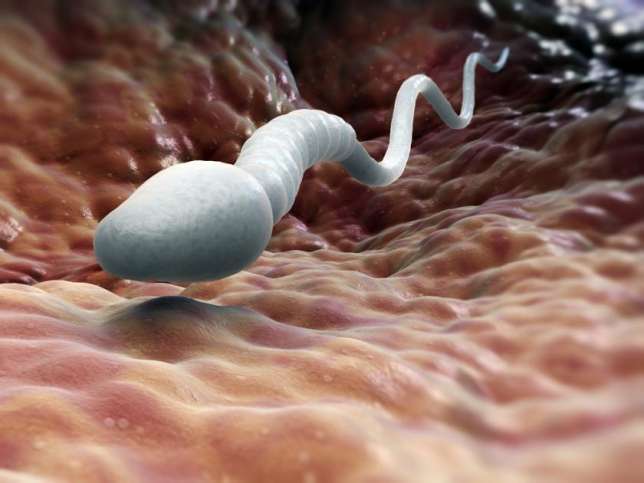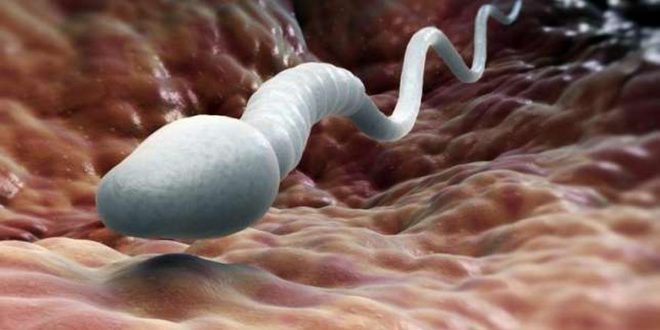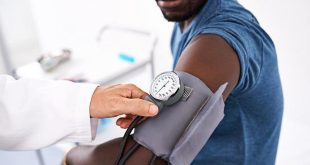
Semen, the fluid produced by males during ejaculation, is primarily composed of sperm, water, and a mixture of other substances.
Let’s delve into the potential effects and uses of semen on a woman’s body.
- Fertilisation: The primary purpose of semen is to transport sperm to fertilise an egg. In the context of reproduction, semen is essential for natural conception.
- Sexual health: Semen is a natural lubricant which can enhance comfort during sexual intercourse. It also contains natural antimicrobial properties that may help prevent urinary tract infections (UTIs).
- Sperm allergies: Some women may be allergic to proteins in semen, which can cause localised allergic reactions or symptoms such as itching, burning, or redness. In rare cases, this can lead to a more severe allergic response.
- Psychological factors: Some people believe that semen can have mood-enhancing effects due to compounds like endorphins and serotonin, but the evidence is scarce.
- Skin benefits: There are claims that semen can improve the complexion or have anti-ageing properties when applied topically. However, there is no scientific evidence to support this claim, and using semen in this way could potentially introduce risks, such as infection.
- Nutritional content: Semen contains various nutrients, including fructose, ascorbic acid (vitamin C), calcium, citric acid, zinc, and more. However, the concentrations are relatively low, and there are more reliable dietary sources for these nutrients.
It’s crucial to note that any potential benefits of semen are highly speculative, often lack scientific support, and must be weighed against potential risks.
Additionally, using semen for purposes other than its biological function (fertilisation) can carry health risks, including the transmission of sexually transmitted infections (STIs) if a partner is infected.
In sum, there is no conclusive scientific evidence to support the idea that semen has substantial health benefits for women beyond its role in reproduction.
 Top Naija News – Nigeria News, Nigerian News & Top Stories Top Naija News – Nigerian Newspapers, Nigerian News. topnaijanews is a daily Nigerian newspaper covering Latest News, Breaking News, Entertainment, Sports, Lifestyle and Politics.
Top Naija News – Nigeria News, Nigerian News & Top Stories Top Naija News – Nigerian Newspapers, Nigerian News. topnaijanews is a daily Nigerian newspaper covering Latest News, Breaking News, Entertainment, Sports, Lifestyle and Politics.




